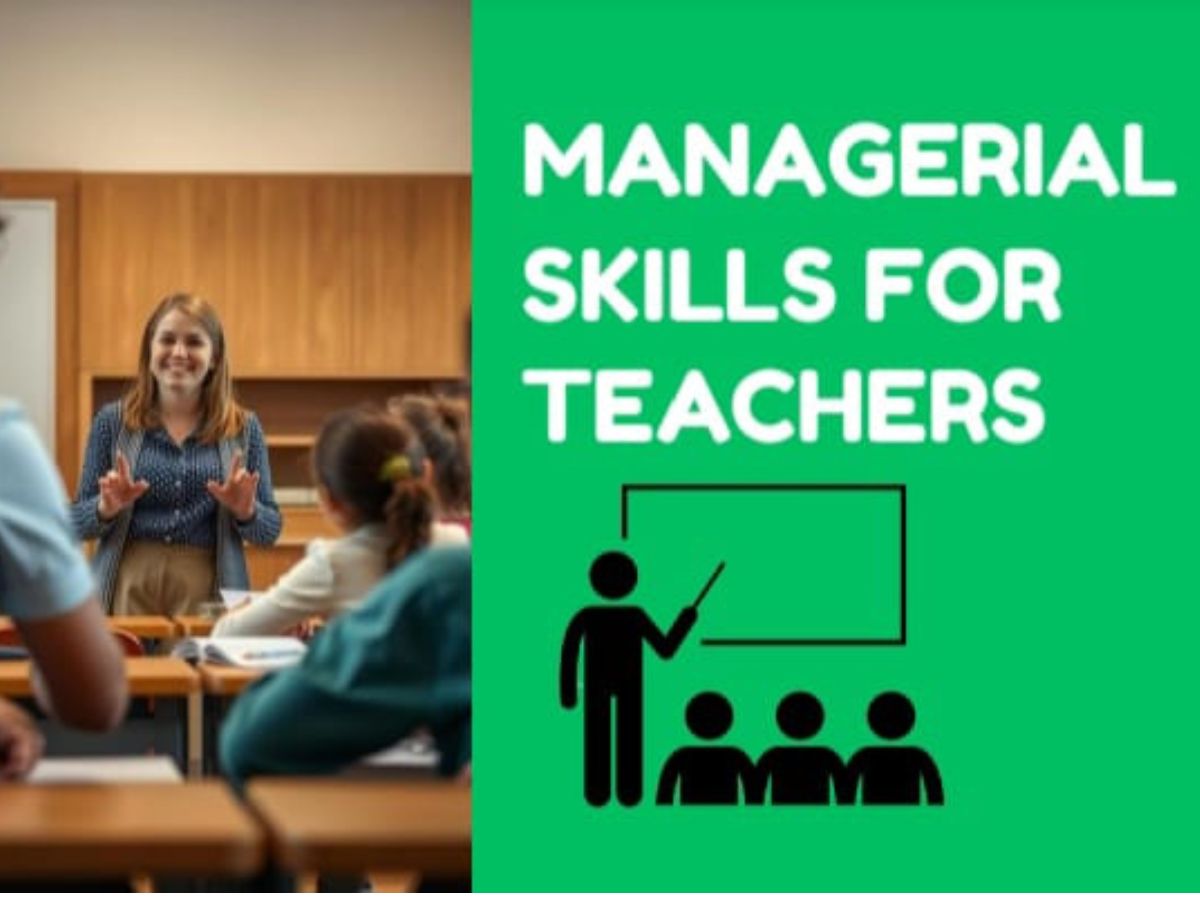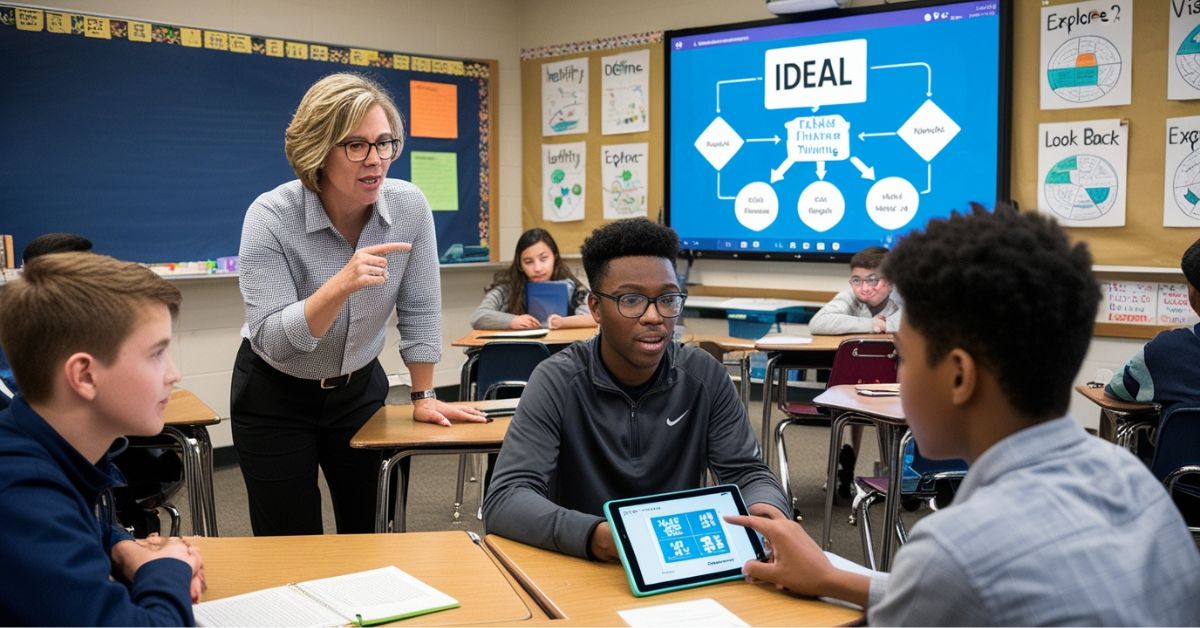Introduction
Teacher’s skills include strong managerial skills when practising in the field of education. Teachers need to know how to organize a classroom and establish discipline within it, as well as manage the numerous work-related responsibilities that come their way. These can include grading papers, developing lesson plans, and meeting with parents and working colleagues.
Importance of Teacher’s Skills in Education
Teachers should manage themselves and students in appropriate ways to provide a proper climate for learning and success. Proper time management helps in choosing what tasks should be accomplished when working on lessons, grading assignments, and personal development. Writing and speaking effectively is beneficial when giving clear instruction and dealing with students, parents and fellow teachers.
Organization and Problem-Solving Skills
Organization leads to efficient running of classroom activities, and the documentation process. In addition, problem-solving skills also help address the creative dilemma towards students’ challenges and behavioural issues. Teachers must of course, also be leaders and can advise and encourage the students. They can adopt new teaching methods and tools as they are fit since they indicate that the culture can be adaptively changed. The aforementioned skills can be developed to the full, to enhance the teachers’ performance, as well as to achieve a healthy organizational culture of the school.
Role of Trained Staff in the Society
Proficient educators are prime movers of society and it is no secret. Their importance owes to the fact that they help encourage students to work to the optimum level that they are capable of. These pattern codes are general features of effective educators They have subject competence so they can provide good education and foster positive student attitudes towards learning. Here and there they employ the strategies of conducting classes so that each child should get what he needs and has to do with the allowances for learning disabilities.
The Role of Teachers as Mentors
They also act as teachers and guides to the pupils to help them overcome and or overcome certain challenges and foster proper learning of the social self. It reaches out to student’s academic performance as well as their well being thereby producing a more enlightened, competent and productive society.
Teacher as the Backbone of School
Teachers are the main claim of each school as they give knowledge and cultivate young people. Besides training, they should also be effective in managing the environment for learning. Enforcing discipline, engaging the students and being able to counter intrusion are subcategories of management.
Overview of Key Teacher’s Skills Needed by Teachers
In this article, I will discuss the leadership qualities of a teacher that should be beneficial for a fruitful academic year.
Organizational Skills
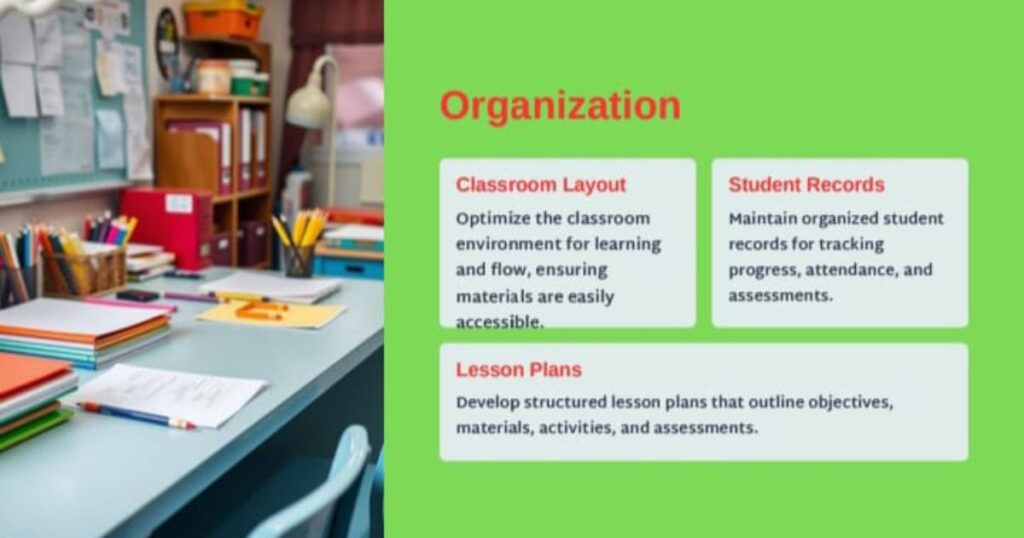
According to the methodology and syllabi requirement, the teacher should plan topic inputs including teaching notes, study material etc. The subject units have to be initially divided and designed to be carried out in class. Proper planning will help a teacher in establishing rapport in the class. Teachers’ managerial skills are again needed for lesson planning.
Time Management
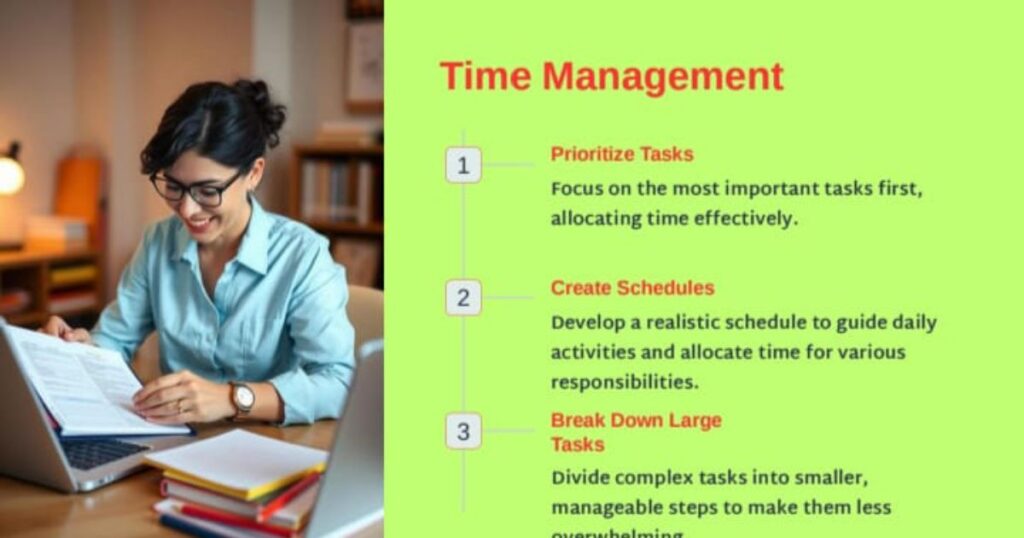
It is a part and parcel of the teaching profession. The teaching process covers planning for the class, teaching the class, testing and evaluating the class, giving feedback, and making corrections for the same. The tutor should be in charge of the organization of extracurricular and co-curricular activities for students. Effective time utilization and proper scheduling allow the teacher to achieve the objectives.
Planning
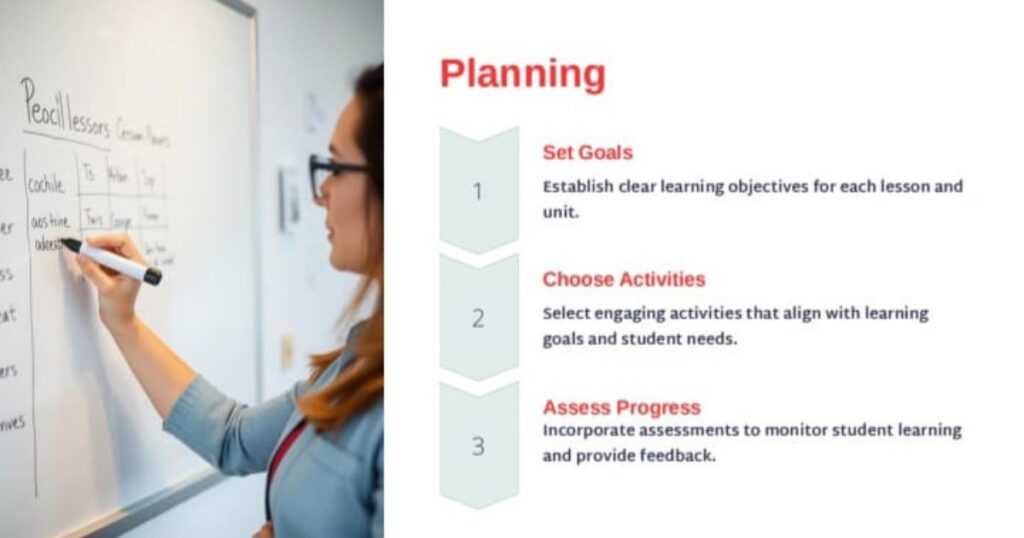
Just like in any kind of instructional activity, planning is very crucial. The planning may be about time or lack of it, individual ability or lack of it, available or non-available resources, the ultimate ends of the action or otherwise, and the like. Planning might be operational, tactical strategic, detailed or over-arching. The truth is, that planning and preparation are real help to teachers in the process of job accomplishment.
Communication
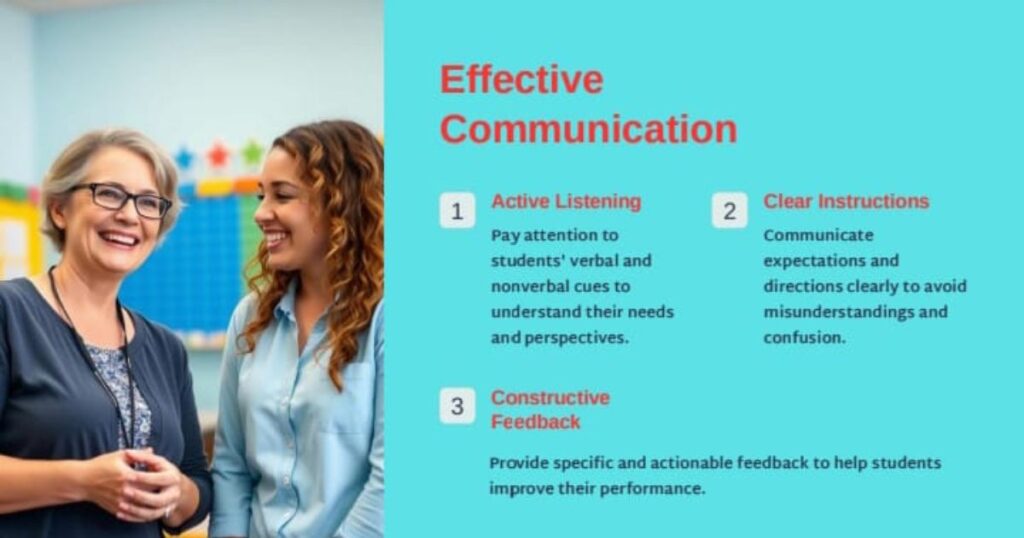
Communication is another strategic factor that has been considered vital for success in the teaching sector. A teacher transmits knowledge to scholars. Business communication skills are important in delivering instruction, announcing plans, settling disputes, and the like. Verbal communication can be defined as the use of words and or sounds to pass information while nonverbal communication refers to the use of non-word signs to pass information. The teacher’s talk should be purposeful, explicit, precise, and achieve the intended goal.
Summarizing the key points from the article on teacher’s skills
| Key Skills | Description | Benefits |
| Ability to organize classrooms, and manage workload (grading, lesson plans, meetings) | Smooths classroom functions, enhances learning and fosters a positive environment | Creates a structured environment and ensures tasks are completed efficiently |
| Time Management | Prioritizing tasks like lesson planning, grading, and professional development | Increases productivity and reduces stress, enabling focus on both academic and extracurricular activities |
| Organizational Skills | Keeping lesson materials, student records, and classroom operations orderly | Addressing challenges with students and finding creative solutions for behavioural and academic issues |
| Problem-Solving Skills | Addressing challenges with students and finding creative solutions for behavioral and academic issues | Enhances adaptability, encourages innovation in teaching methods, and resolves student obstacles effectively |
| Communication Skills | Clear verbal and non-verbal communication for instruction, conflict resolution, and collaboration | Builds strong relationships with students, parents, and colleagues, fostering a cohesive classroom environment |
| Planning Skills | Structuring lessons, managing resources, and setting educational goals | Enables efficient lesson delivery, goal setting, and time management for improved teaching outcomes |
Conclusion
Therefore, personal management skills are important which the teachers need to possess for them to help change the lives of those students. Hence, there is great subject relevance since mastering organizational abilities, time management, planning, and communication contributes to the formation of structured, loaded with value, and supportive learning environments. These skills help them manage the classroom and load some of the administrative work they undertake to improve their students’ academic performance as well as character. Teachers who perfect these skills play a valuable role in modelling proper character that will foster a society with the right knowledge and care. Lastly, effective management skills enhance effective performances, and delivery of responsibilities entrusted to teachers, and provide a strong base to craft human lives that are productive and healthy throughout the student’s lifetime.
You may like to read:- Constructive Learning and its Role in Skill Development
Effective Classroom Management Strategies for New Teachers
What is Blended Learning? Definition, Advantages, Best Practices
FAQ
1. Why are management skills essential for teachers?
Leadership abilities enable educators to build an organized and constructive learning climate for children. These skills help the teachers manage teaching, responsibilities, discipline, planning and promoting students’ success.
2. How does time management benefit teachers?
Organization of time in this case means that teachers get to prioritize their work, such aspects may include lesson planning, grading as well as professional development. This way teachers can exert maximum time on the work they do within classroom instructions as well as outside the classroom Nancy G. Clark pointed out that by managing time one can control stress, and increase productivity.
3. What role does organization play in teaching?
Organizational skills ensure that teachers can plan and execute lessons smoothly, keep accurate records, and maintain an orderly classroom. This assists in fostering a healthy atmosphere in that learners are able to learn without any undue interference.
4. Why is communication important for teachers?
Social interaction skills enable teachers to have clear communication, develop proper relationships, negotiate and facilitate students. Communication is also effective in fostering trust amongst students, parents and workers thus pulling together a harmonious school community.
5. How can teachers develop problem-solving skills?
To build up resolution skills in the process of teaching, a teacher has to be flexible, never quite looking for different ways of solving the issues that occur in the classroom, and open-minded concerning new approaches to come. Problem-solving makes it easier for teachers to handle student problems and related disciplinary matters.

